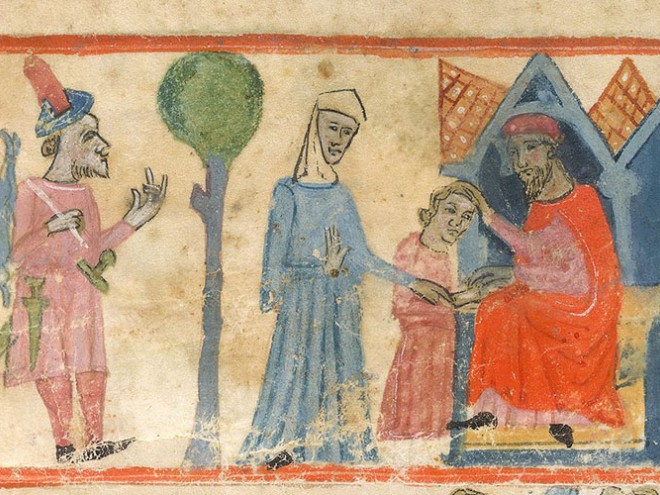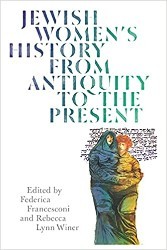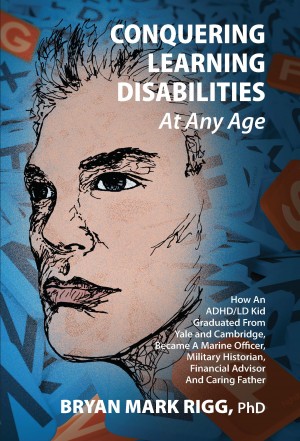Julia Watts Belser’s new book, Loving Our Own Bones, is both a personal and well-researched midrash that analyzes how readers can rethink biblical interpretations of disability. It also contemplates the ways in which places of worship — and society in general — could be more inclusive to all types of bodies.
As a rabbi, scholar, wheelchair user, and disability activist, Belser considers how disability can shape our lives and enhance our spiritual practices. She views disability as a regular part of life: nearly everyone, she says, is disabled for differing lengths of time and at varying degrees. This is especially true as we age. Just as feminist interpreters have highlighted sexism in biblical texts, Belser confronts the harm that’s done to disabled people by valuing ableism, which she defines as “a complex set of power structures that privilege certain bodies or minds as ‘normal’ while designating others as ‘abnormal.’” Instead of treating disability as a misfortune or challenge to be overcome, Belser praises the creativity of disabled folks and celebrates the personal freedom she gained when receiving her first wheelchair.
Belser analyzes both Jewish and Christian sacred texts through a disability lens, starting with the prophets. She dives deep into biblical passages that involve Isaiah, Jeremiah, Jesus, Isaac, Leah, Moses, Miriam, and others in order to touch on the ways that rabbis and commentators have traditionally explained disability in these monumental texts. By rereading passages through a lens of inclusion and disability, we can understand the relationships between these biblical characters in new ways. Belser’s analysis of Isaac’s blindness, which causes him to bless Jacob instead of his eldest son, Esau, is particularly fascinating. Belser describes the sensitivity that blind people tend to have, especially when it comes to touch and hearing, making it odd that Isaac does not figure out Jacob’s ruse about his identity. Isaac’s failure to get it right reflects one of the ongoing struggles that disabled people face: the urgency to be excellent and prove stereotypes wrong.
Throughout the book, Belser explores other challenges that disabled people have encountered, many of which stem from “gatekeepers who decide if [they] qualify for disability benefits or insurance coverage, for school programs, accommodations, or support services.” She wants to live in a world where people stop shying away from disability by overlooking it or pretending to ignore it. Belser argues that “disability is bound up with the stories of our lives, with memory and personal history and a sense of who we are.” She is calling for an end to the power structures that restrict “access, agency, resources, and self-determination.”
Toward the end of the book, Belser details her Shabbat observance, which involves not using money or her phone and is often quiet and solitary. She explains how the use of electric wheelchairs and other assistive technologies is viewed as a violation of communal Shabbat norms, such that the “rules for keeping Shabbat get weaponized” against their users. Belser states, “I would like to see a world where more communities commit to including Jews with disability expertise in the process of making halakhic decisions, a world where disabled Jews help shape these conversations and negotiate practice.”
Loving Our Own Bones is a call to action for clergy, educators, decision makers, and societal leaders to consider the ways society can be more welcoming and inclusive to all people.
Jamie Wendt is the author of the poetry collection Laughing in Yiddish (Broadstone Books, 2025), which was a finalist for the 2022 Philip Levine Prize in Poetry. Her first book, Fruit of the Earth (Main Street Rag, 2018), won the 2019 National Federation of Press Women Book Award in Poetry. Her poems and essays have been published in various literary journals and anthologies, including Feminine Rising, Catamaran, Lilith, Jet Fuel Review, the Forward, Minyan Magazine, and others. She contributes book reviews to the Jewish Book Council. She won third prize in the 2024 Reuben Rose Poetry Competition and won second prize for the 2024 Holloway Free Verse Award through the Illinois State Poetry Society. Wendt holds an MFA in Creative Writing from the University of Nebraska Omaha. She lives in Chicago with her husband and two kids. Follow her online at https://jamie-wendt.com/ or on Instagram @jamiewendtpoet.




